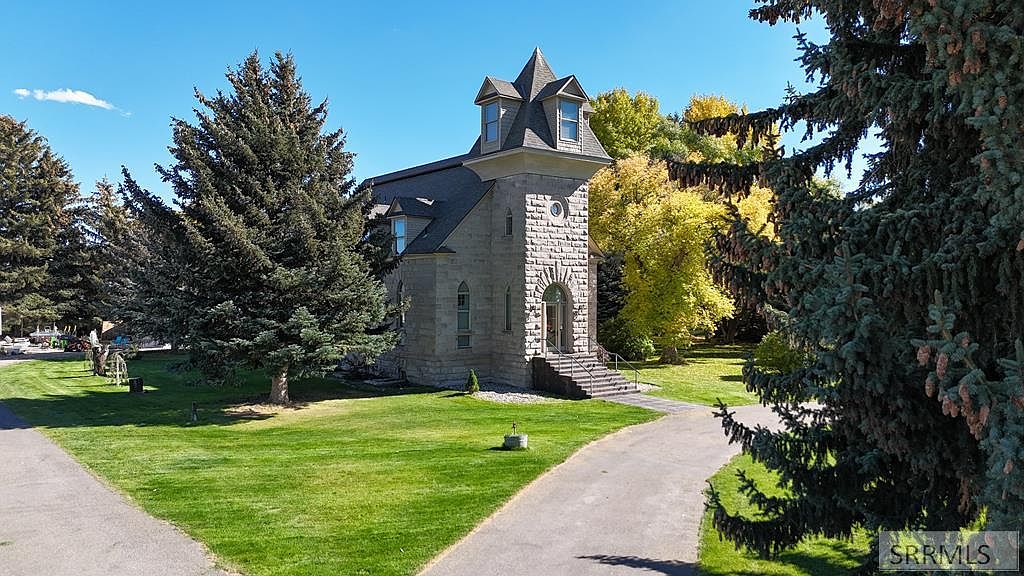Renting your first home can feel like the ultimate step into adulthood, but it comes with hidden traps that are easy to miss. Many first-time renters jump in without reading the lease closely or forget to budget for extra costs like utilities and repairs. These small mistakes can lead to big headaches, lost deposits, or even early lease trouble. Before you sign anything or schedule the movers, learn about these common fails, and what to do differently.
1. Skipping the Lease Fine Print
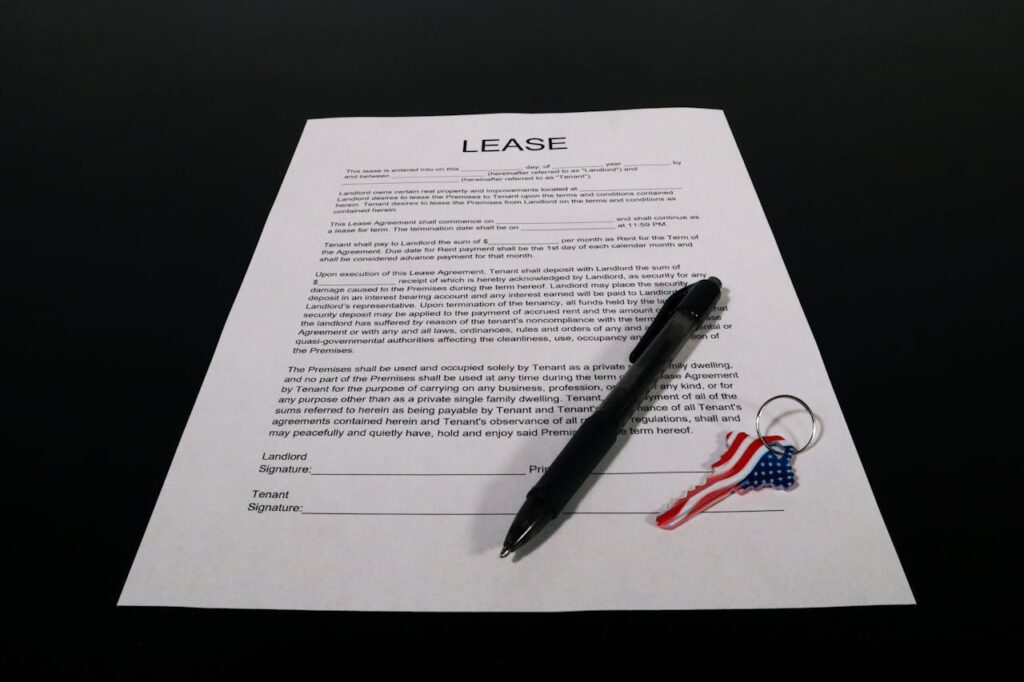
That lease isn’t just a formality, it’s a legal document with rules that could seriously affect your time in the rental. Some leases include penalties for early move-out, extra fees for guests, or strict pet policies. You might even be responsible for lawn care or appliance upkeep. If you skim it, you may miss costly obligations. Read it thoroughly, highlight confusing sections, and don’t be afraid to ask for clarification before signing anything.
2. Forgetting to Budget for Utilities
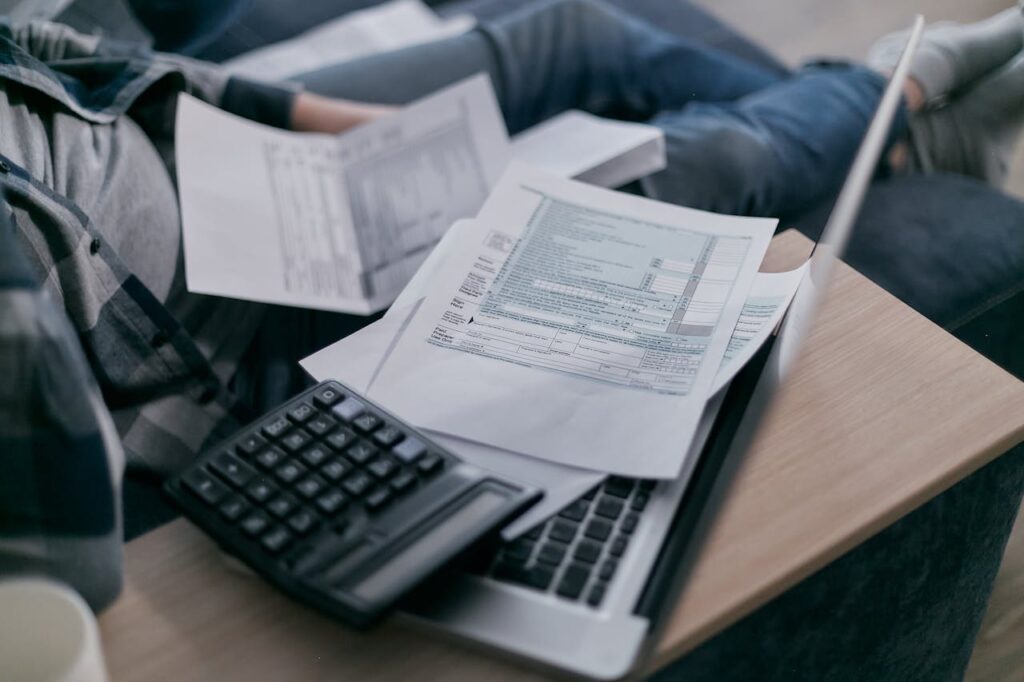
Many first-timers assume the rent is the full monthly cost, but that’s rarely true. Electricity, gas, water, internet, trash pickup, and even heating oil or snow removal can all fall on your shoulders. These expenses vary by location and season and can quickly add up. Before you move out, calculate your full monthly housing costs, not just rent, and make sure you can comfortably afford them without dipping into savings every time.
3. Not Documenting Move-In Damage

Excited renters often rush into unpacking without noting what’s already broken or stained, and that’s a costly mistake. Landlords may later blame you for damage you didn’t cause, and that can mean losing part or all of your deposit. Always walk through your new space before settling in, take date-stamped photos of everything that looks off, and send the photos in an email to your landlord. A 10-minute habit can save hundreds.
4. Ignoring the Neighborhood Vibe

The apartment may be great, but what about the area around it? A nice unit in a noisy, unsafe, or isolated neighborhood can make daily life stressful. Before committing, visit the neighborhood at different times, especially late at night. Check the noise level, lighting, and public transportation. Are there grocery stores nearby? Any sketchy alleyways? Where you live extends beyond four walls, it includes everything outside your front door.
5. Misunderstanding Maintenance Responsibilities
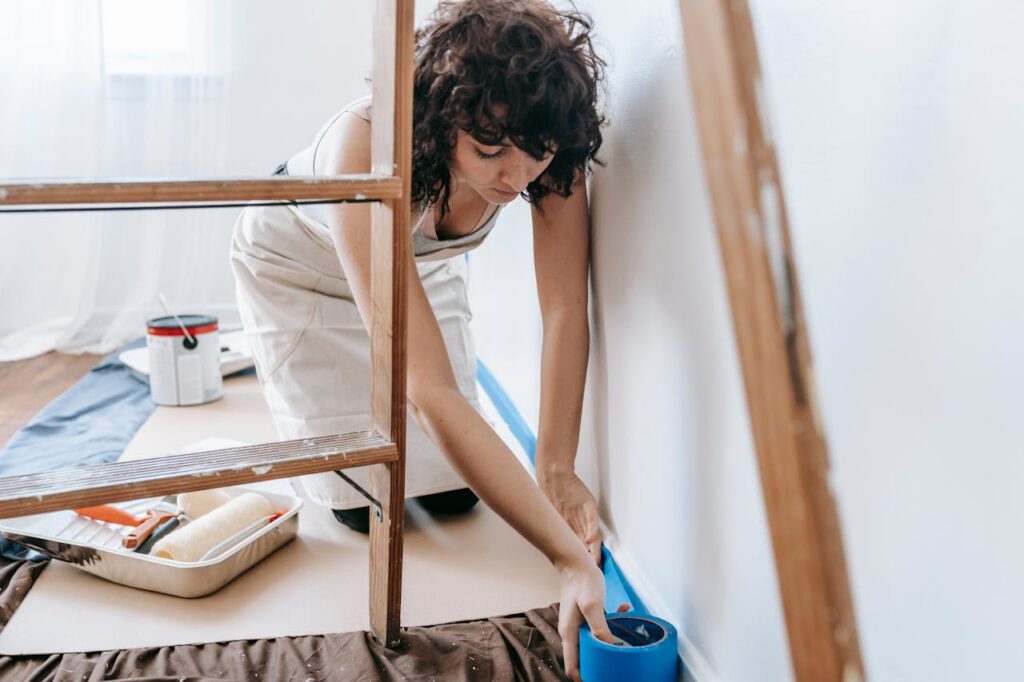
You might think the landlord handles every repair, but not all do. Some expect tenants to unclog drains, change lightbulbs, or even pay for appliance fixes. If the oven breaks, who pays? Ask early and check what’s written in the lease. Also confirm how to report maintenance requests and how fast they’re handled. If these policies aren’t clear, you could end up footing the bill or waiting weeks for help when something stops working.
6. Bringing Too Much Stuff
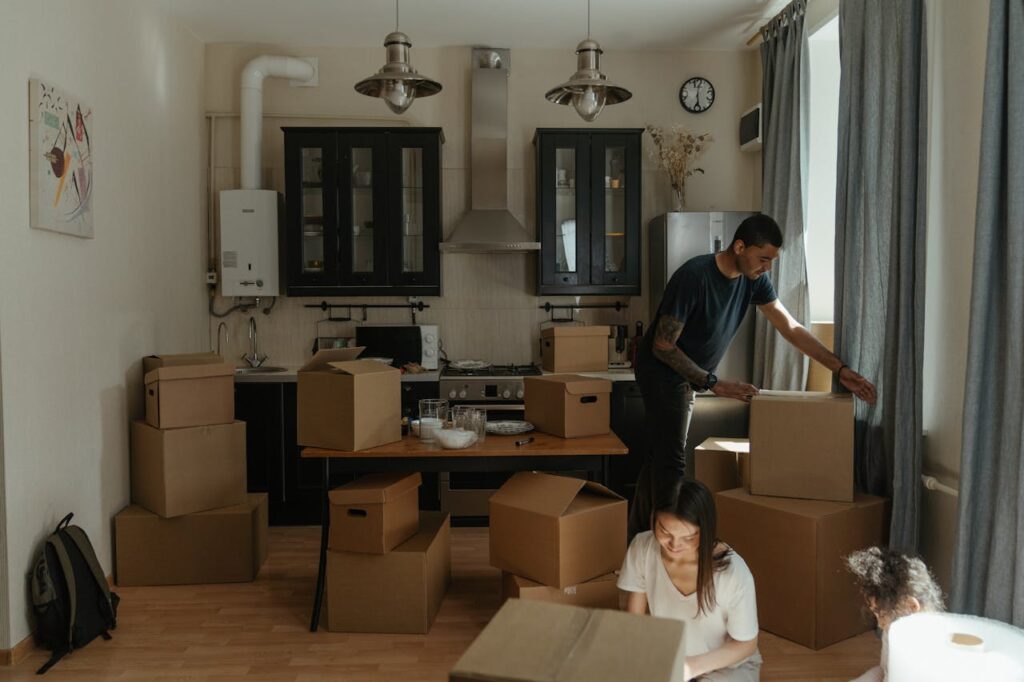
You don’t need to bring everything you own from your childhood bedroom. First-time renters often overpack and find their new space cluttered, cramped, and hard to manage. Most rentals have limited storage, and navigating stacks of boxes gets old fast. Prioritize essentials and multifunctional furniture. You can always add more later. Starting fresh means living light, and it makes moving in, organizing, and cleaning your space much easier in the long run.
7. Missing Deposit Rules
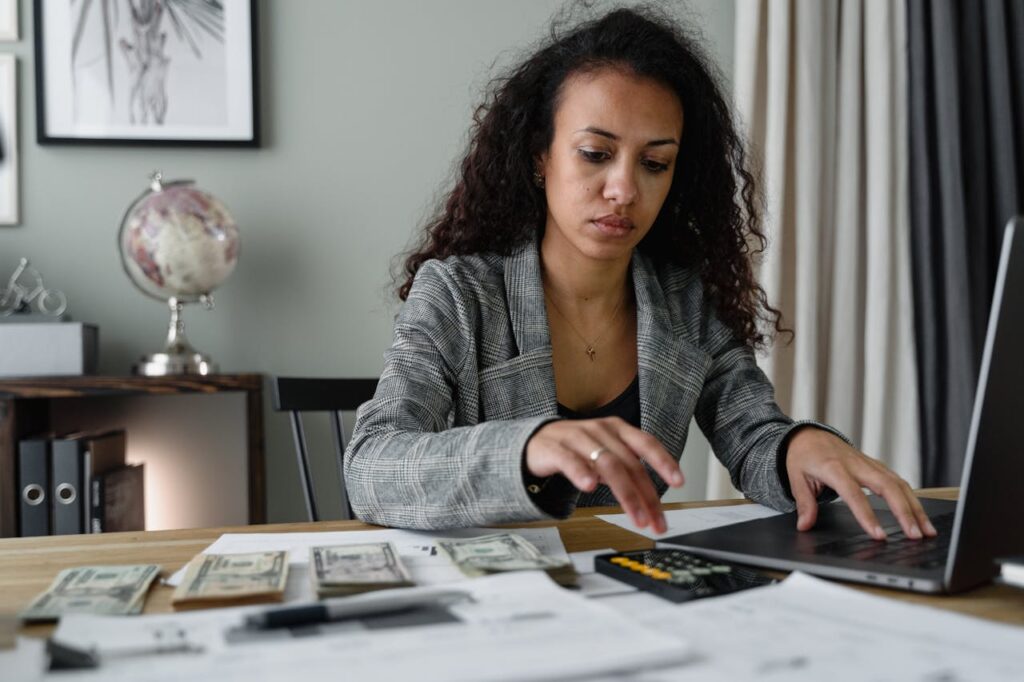
Security deposits can feel like a refund waiting to happen, but they often come with strings attached. Landlords may deduct for cleaning fees, minor damage, or wear and tear you thought was normal. Some even require professional carpet cleaning before you leave. Before moving in, get clear documentation of the deposit terms and ask what would cause deductions. Knowing the rules upfront helps protect your money when it’s time to move out.
8. Assuming You Can Break the Lease Anytime
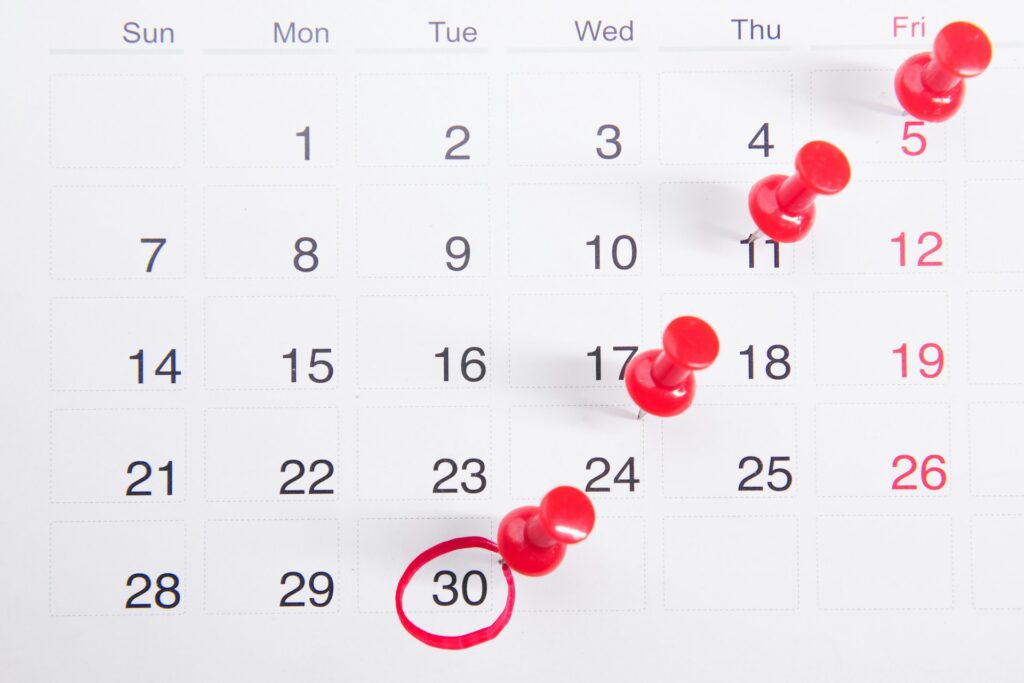
Changing jobs or schools? Don’t assume you can pack up and leave whenever you want. Many leases lock you in for a year or more, and breaking early can lead to big financial penalties. Some landlords charge a flat fee, others make you pay rent until a new tenant is found. Ask about break clauses or subletting options before signing. Planning ahead could save you from a costly surprise later on.
9. Skipping Renter’s Insurance
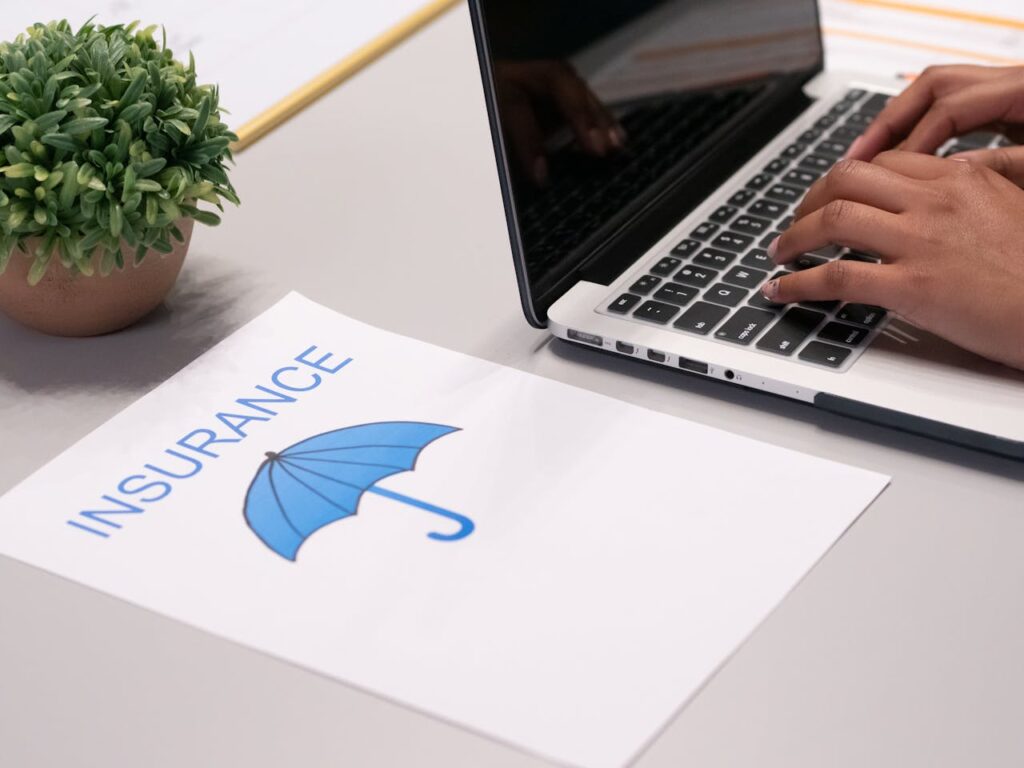
Renter’s insurance may not seem urgent, until disaster strikes. It protects your belongings from fire, water damage, and theft, and some policies even cover hotel stays if your unit becomes unlivable. It’s usually cheap, costing less than $15 a month. Even if it’s not required by your landlord, it’s smart protection. Without it, you’re on your own if your laptop, furniture, or clothes get damaged or stolen. It’s a small price for peace of mind.
10. Failing to Meet the Landlord
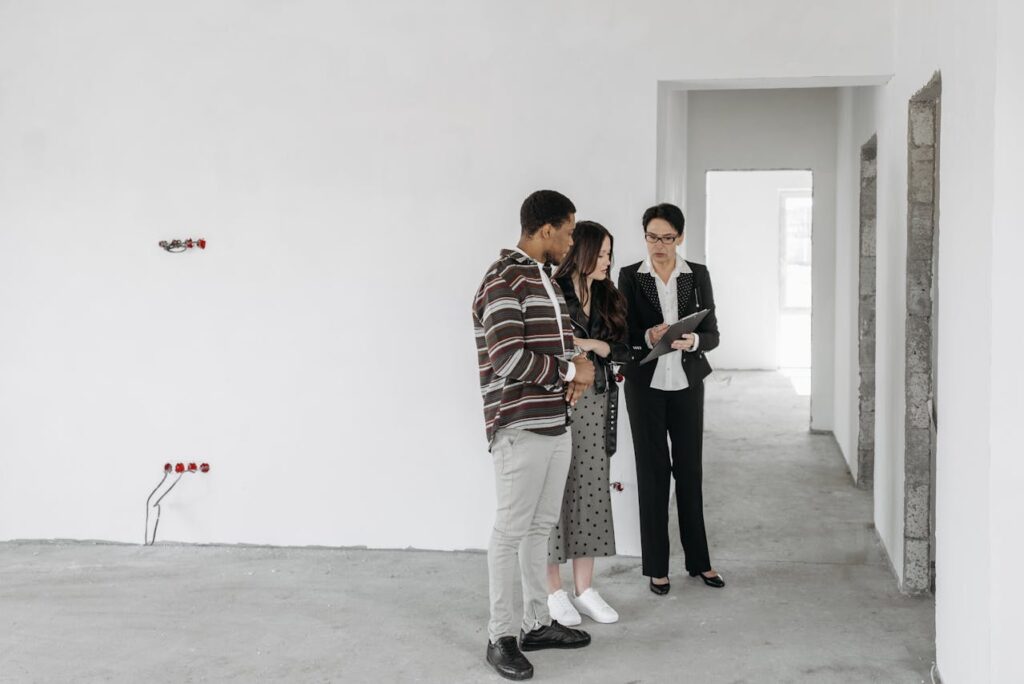
Your landlord or property manager plays a huge role in your rental experience. If you’ve only spoken by email or text, that’s a red flag. A quick face-to-face (or video) chat can tell you if they’re professional, responsive, and trustworthy. If they dodge questions or seem careless, future issues may be harder to resolve. A good landlord can make your rental experience smooth. A bad one can make it miserable.

